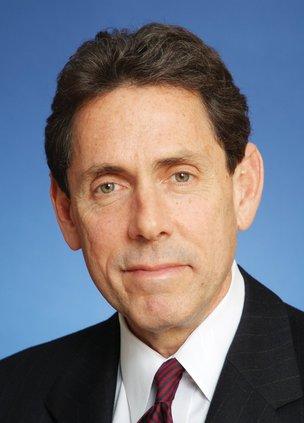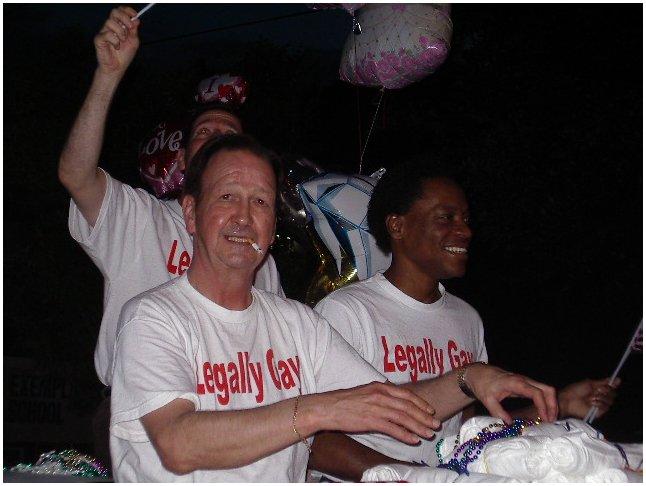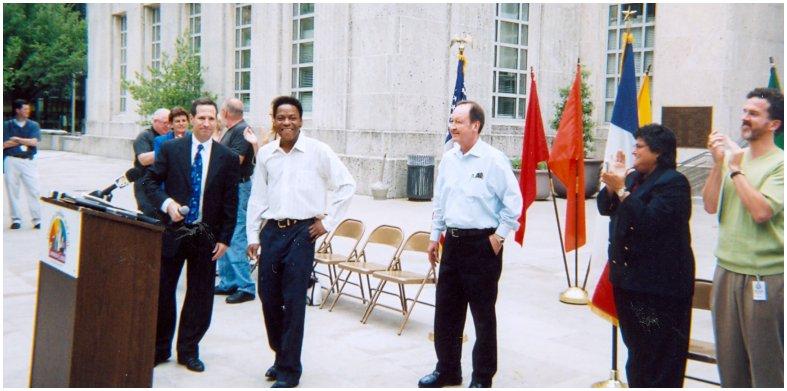
Jun 28, 2016
Last week, the court decided one of this term’s blockbuster cases — a case that could affect the future of affirmative action in this country. The plaintiff was Abigail Fisher, a white woman, who said she was rejected from the University of Texas because the university unfairly considered race as one of many factors when evaluating applicants. And while Fisher’s claims were the focus of the case, the story behind how she ended up in front of the Supreme Court is a lot more complicated.
On this episode, we visit Edward Blum, a 64-year-old “legal entrepreneur” and former stockbroker who has become something of a Supreme Court matchmaker — He takes an issue, finds the perfect plaintiff, matches them with lawyers, and works his way to the highest court in the land. He’s had remarkable success, with 6 cases heard before the Supreme Court, including that of Abigail Fisher. We also head to Houston, Texas, where in 1998, an unusual 911 call led to one of the most important LGBT rights decisions in the Supreme Court’s history.
The key links:
- The website Edward Blum is using to find plaintiffs for a case he is building against Harvard University
- Susan Carle's book on the history of legal ethics
- Ari Berman's book on voting rights in America
- An obituary for Tyron Garner when he died in 2006
- An obituary for John Lawrence when he died in 2011
- Dale Carpenter's book on the history of Lawrence v. Texas
- A Lambda Legal documentary on the story of Lawrence v. Texas
The key cases:
- 1896: Plessy v. Ferguson
- 1917: Buchanan v. Warley
- 1962: National Association for the Advancement of Colored People v. Button
- 1986: Bowers v. Hardwick
- 1996: Bush v. Vera
- 2003: Lawrence v. Texas
- 2009: Northwest Austin Municipal Utility District Number One v. Holder
- 2013: Shelby County v. Holder
- 2013: Fisher v. University of Texas (1)
- 2016: Evenwel v. Abbott
- 2016: Fisher v. University of Texas (2)
Special thanks to Ari Berman. His book Give Us the Ballot, and his reporting for The Nation, were hugely helpful in reporting this episode.
More Perfect is funded in part by The William and Flora Hewlett Foundation, The Charles Evans Hughes Memorial Foundation, and the Joyce Foundation.
Supreme Court archival audio comes from Oyez®, a free law project in collaboration with the Legal Information Institute at Cornell.


